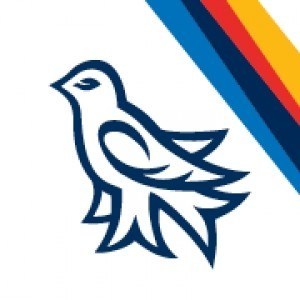Language, Literature and Cultural Studies
Do you like learning languages? Are you interested in the culture of other countries? Do you enjoy humanities sciences? If so, perhaps an education in the field of linguistics, culturology or literature is the best choice for you.
This category unites such educational programs as modern languages, culture of different countries, writing and translation.

Why study languages?
The first and main reason to study foreign modern languages is that you will not just complete a degree with a pack of knowledge of skills - you will actually be fluent in the language of another country, which will open up opportunities for employment in this country.
Languages degree is very broad, which means you will also have knowledge in History, Culture, Business and Political Studies. In many foreign universities a Languages degree can be easily combined with a degree in another area.
One of greatest advantages of Languages degree - you will have an opportunity to spend a year abroad and see another country.
Even if you choose not to work in language or linguistics area after the graduation, a fluency in a foreign language will always be a very useful feature in your resume.
In addition, knowledge of foreign languages positively affects the ability to learn.
Admission requirements
Usually, there are no special requirements for applicants for Bachelor study programs in Languages. As all study programs are taught in English, applicants should provide results of TOEFL or IELTS (or equivalent certificate) proving English proficiency.
Some information about special requirements for applicants in popular countries (for example, USA or UK) can be found on our website.
Program structure
As it was said before, Language or Linguistics Degree study programs can be either single or joint. Language and Linguistics study programs are usually combines with Art and Humanities study programs (Philosophy, History, Literature).
A Bachelor study program in Language, Linguistics or Cultural Degree usually lasts from three to four years. Students who learn a foreign modern language also get to spend a year in the country where this language in common, either studying in a partner university or working.
Career options
Your future career highly depends on the specialization you have chosen, although, skills acquired during the language studying allow graduates to find a job in many areas related to the creation and translation of texts. Language degree are always on demand in media and journalism area, TV and radio broadcasting. Graduates can also start a career in marketing and advertising.
Besides, graduates of Languages or Linguistics study programs can find a job in translation or related area in the country whose language they have studied.
A lot of Bachelor graduates choose to continue their education and complete a Masters and PhD degree to start a research or teaching career. A lot of PhD graduates become language consultants in various government or business institutions.







































